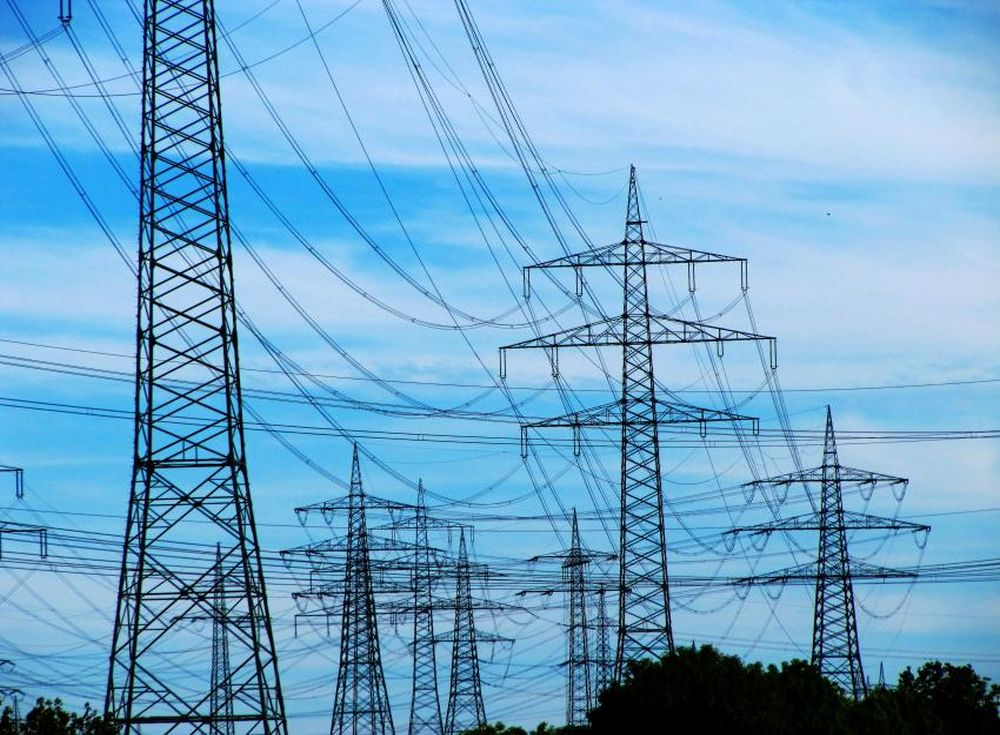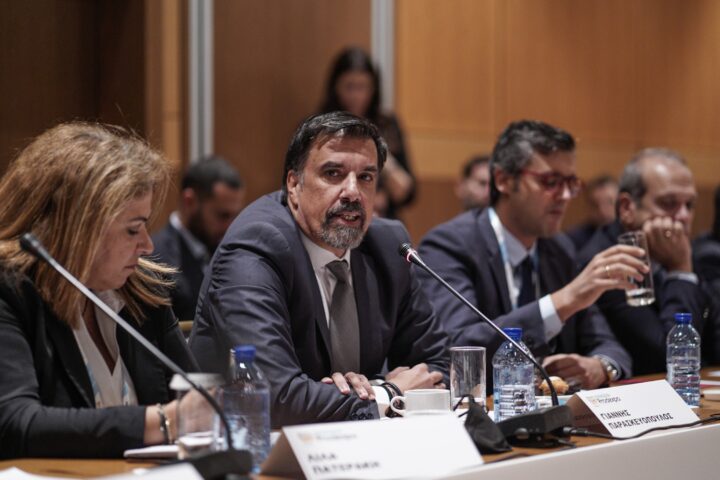The cost of government intervention to deal with the energy crisis rises daily as gas and electricity prices across Europe lose touch with reality and move into unchartered waters, a senior finance manager of a Greek energy firm said.
“Any prediction as to their future direction is too risky to formulate,” the source told the Financial Mirror.
Greece’s Finance Minister Christos Staikouras had expressed concern with the rising cost of intervention the government is obliged to make to subsidise consumer electricity and gas prices.
Without such subsidies, most consumers would be unable to pay for their electricity and gas bills.
According to the finance minister, the cost of government intervention will reach €6 bln by the end of the year, a figure that industry representatives seriously contest.
Independent estimates place the actual figure closer to €12 bln for 2022, out of which the government is likely to contribute €2-2.5 bln from the state budget.
The rest will come, as is already happening, from the Energy Transition Fund, which is being largely funded from windfall income from companies due to the prevailing high electricity prices.
Total expenditure related to energy subsidies is still relatively small compared to the billions the government poured into dealing with the consequences of the Covid-19 pandemic, but, together, they add up to €50 bln, Staikouras told state radio.
Extremely difficult
Staikouras and his deputy, Alternate Finance Minister Theodore Skylakakis, noted in separate interviews that the prices of natural gas and electricity are moving; with constant and unpredictable rises, it is becoming extremely difficult to budget subsidies for the rest of the year.
“Although it is clear that without some form of subsidy, the vast majority of households in Greece will be unable to pay extravagant electricity bills, now we are faced with a significant element of uncertainty and risk in designing the government economic policy,” Skylakakis pointed out.
Wholesale natural gas prices currently stand above €300 /MWh at the TTF gas hub in Amsterdam, the European benchmark, when it was €20-30/ MWh a year ago.
This means that over the last 12 months, they have increased tenfold, reminiscent of the 1973 and 1979 oil crises.
Consequently, we have seen an equally huge rise in the cost of electricity, with current wholesale prices in Europe ranging from €350-700 /MWh, roughly five to six times higher than they were this time last year.
As many energy analysts and economists note, we are facing a far worse energy crisis, quickly driving the eurozone towards recession, with highly visible marks such as very high inflation and manufacturers purchasing index at a new low.
Most economists agree the fourth quarter will see zero growth for most economies in the euro area.
Skylakakis noted that “gas prices and consequently electricity prices have exceeded all government forecasts”.
Record tourism
What has saved the budget so far has been the higher-than-expected gross domestic product, boosted in part by the record number of tourist arrivals and spending and inflation.
These factors have made for higher than planned revenue.
But officials caution and fear that these factors cannot make up for the explosive growth of subsidy needs for long.
“There has to be a limit; otherwise, other parts of government expenditure will suffer and will inevitably result in the breakdown of services”, noted Finance Ministry sources.
Hence, finding a golden thread between rising energy prices and subsidies is becoming a nightmarish enigma.
Finance Ministry officials say the initial estimate of €800 mln for energy price support from the state budget, in addition to funds to be provided from the Energy Transition Fund to households and businesses in the second half of 2022, now appears grossly inadequate.
Given the extraordinary rise in gas prices over the last month, the figure is likely to be revised nearer to €2 bln.
This figure may not suffice if European gas prices evolve in their present trajectory until the end of the year.
It will drastically affect the government’s plans to contain the primary budget deficit at 1% of GDP.
In the latest report by Capital Economics, this dire state is confirmed since, according to the report, “the present energy crisis will impact further Greece’s (gross) deficit by some 4.3%”.
Front runner
According to a Bruegel Institute report, based on government energy subsidy expenditure for September 2021 to July 2022, Greece is the front runner since the funds it provided correspond to 3.7 % of its GDP.
Followed by Lithuania at 3.6%, Italy at 2.8%, Czech Republic at 2.5%, Spain 2.3%, Austria 2.3%, France 1.8%, Germany 1.7%, Romania 1.6% and the UK at 1.6%.
Despite the serious impact that continued energy subsidies will have on state finances, the Mitsotakis government appears determined to continue providing support to millions of households and enterprises by subsidising electricity bills.
The Ministry of Energy is drawing up plans for a massive energy efficiency campaign which will aim to bring down consumption across the country by introducing simple mechanisms and energy-saving routines, but also by encouraging homeowners to undertake work to improve the thermal performance of their buildings.
Greece’s Energy Regulator (RAE) has warned of an impending shortfall in the country’s energy supply from September onwards if the Russian gas supply stops altogether across Europe, and the difficulties in obtaining timely LNG shipments with the operation of lignite-powered electricity production are further exacerbated.
In such an event, warns RAE, the electricity operators may be obliged to introduce power on a rotating basis to save on fuel supplies.
Although such a grim outlook looks remote, the government is not taking any chances and is planning for the worst.
Costis Stambolis is a Financial Mirror correspondent based in Athens










